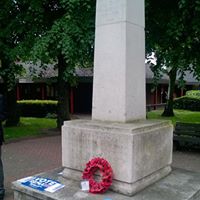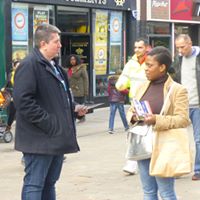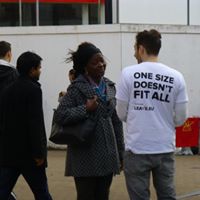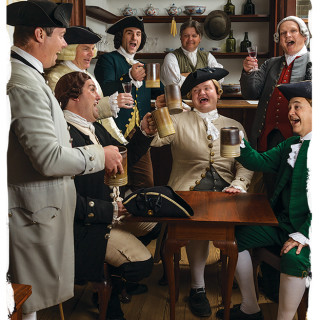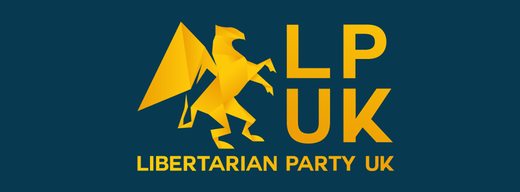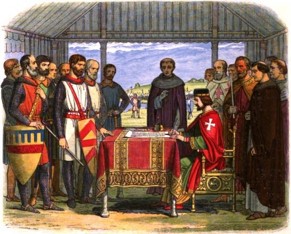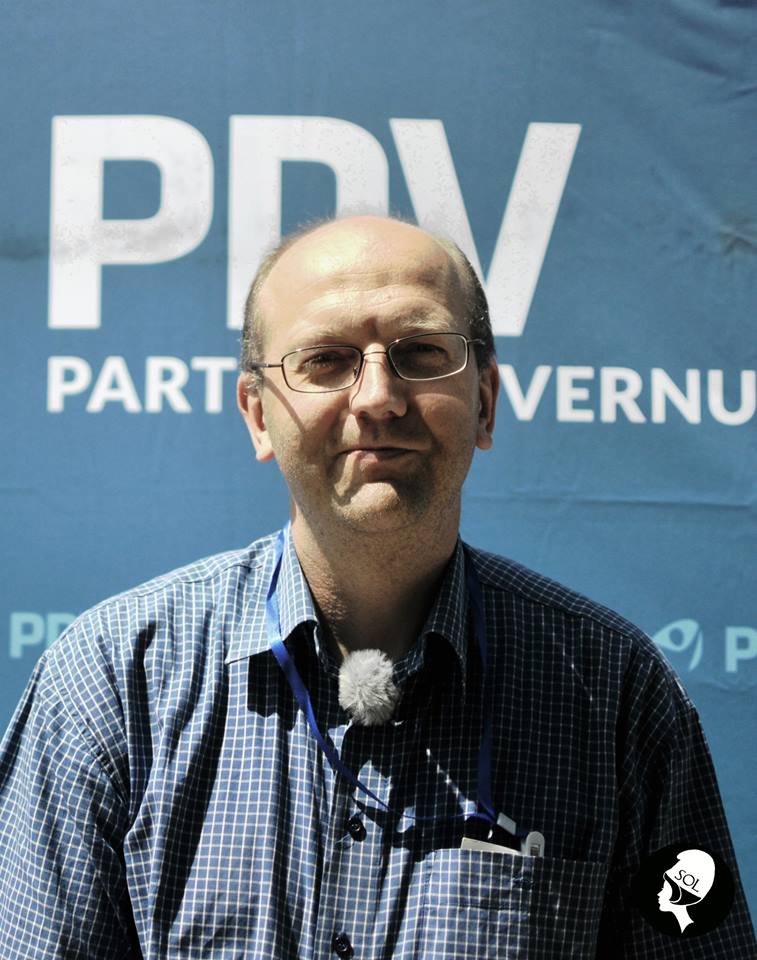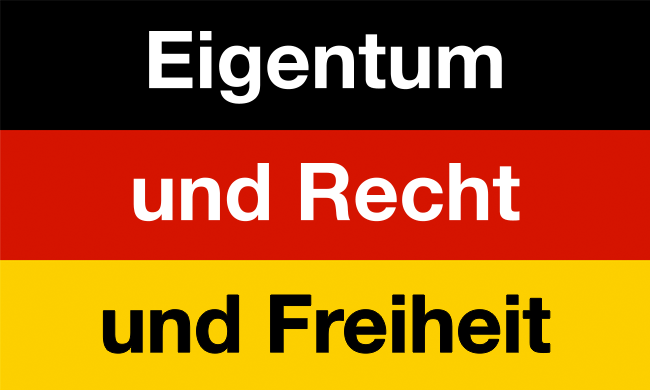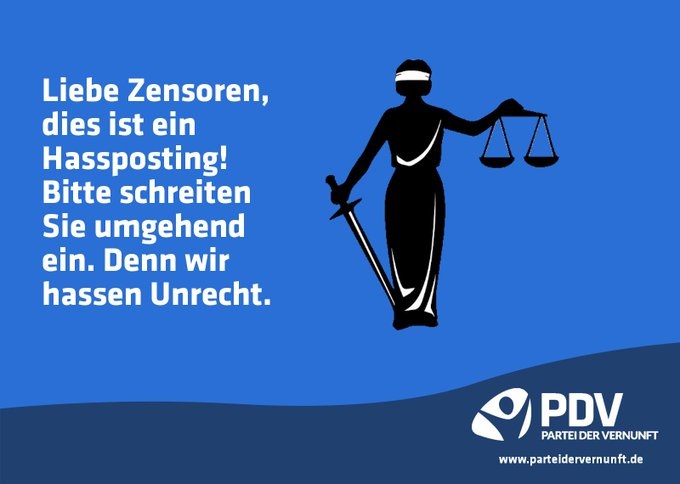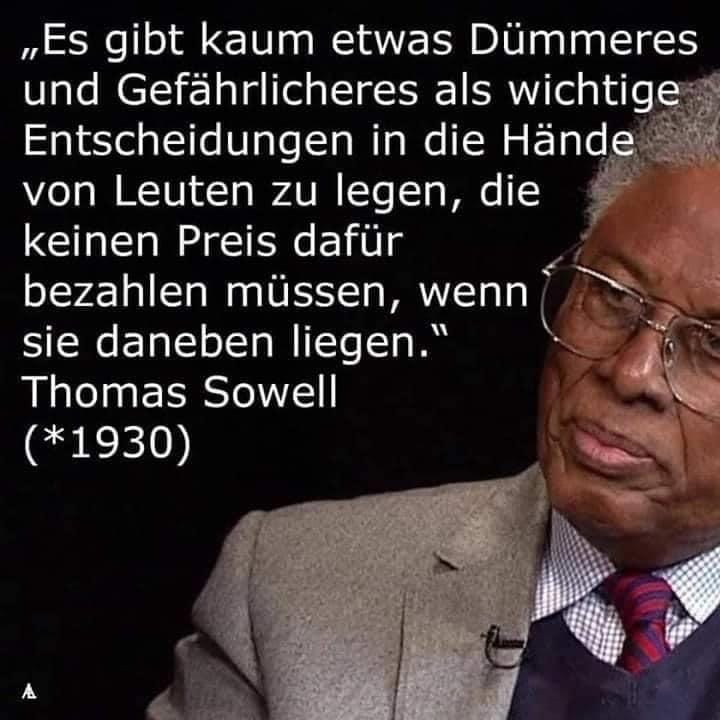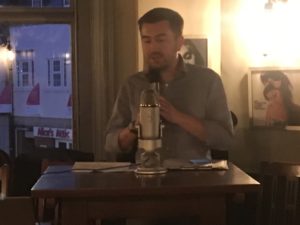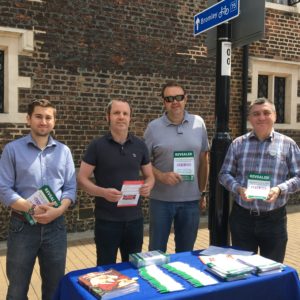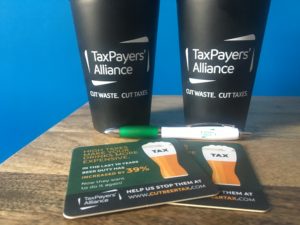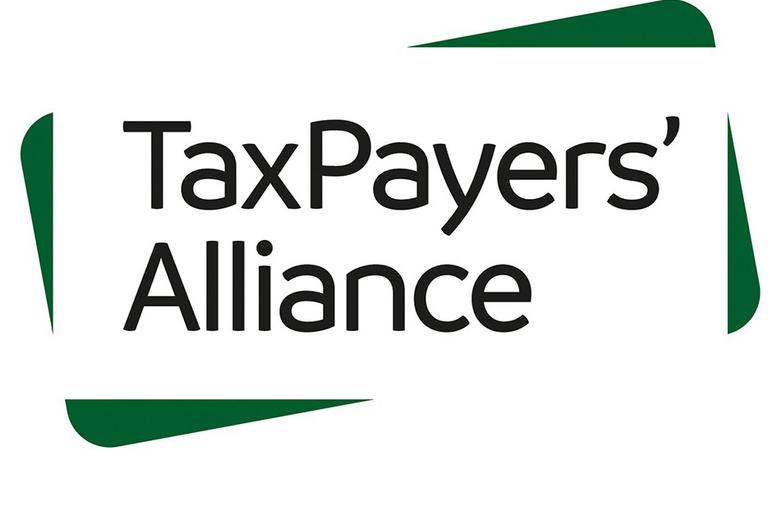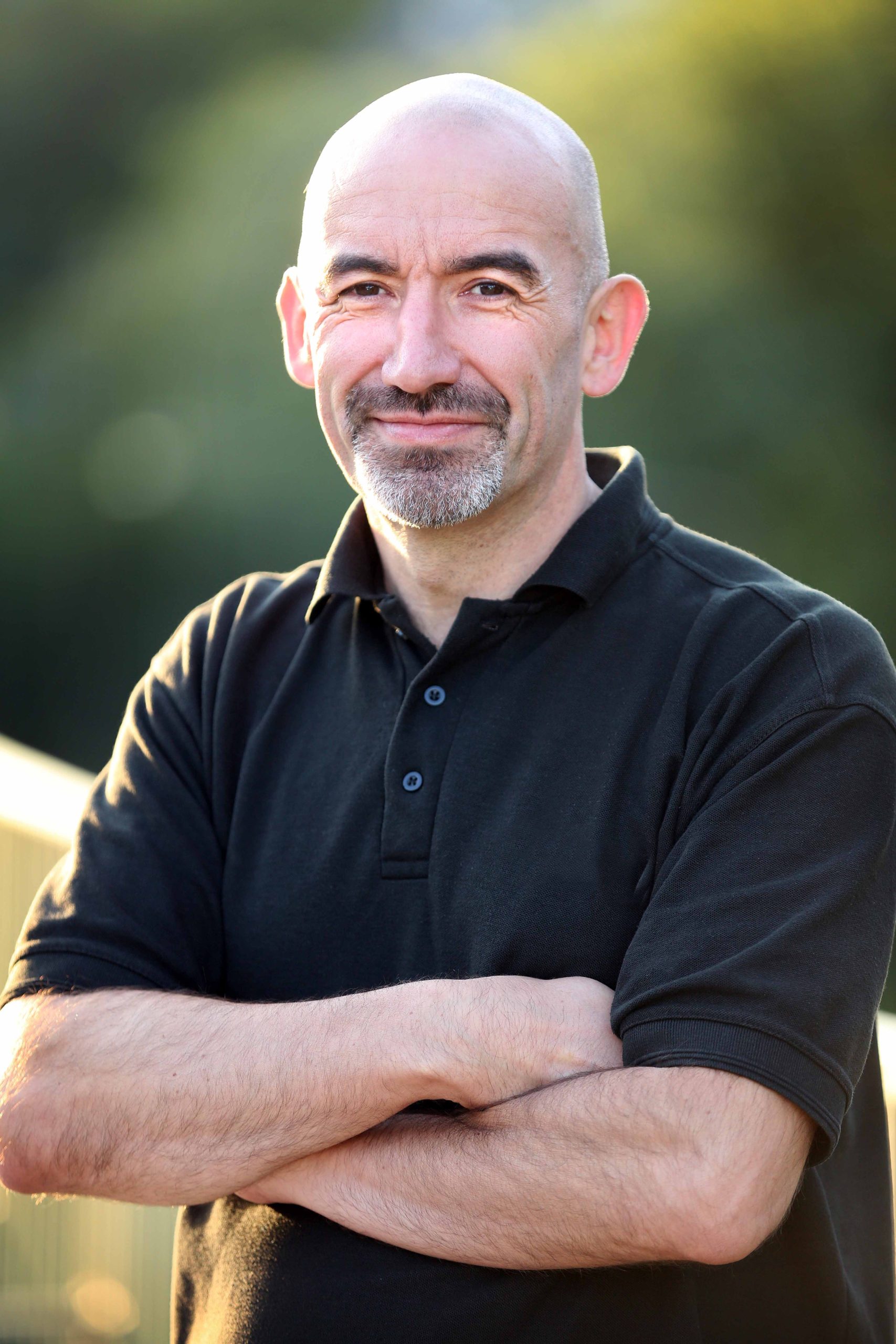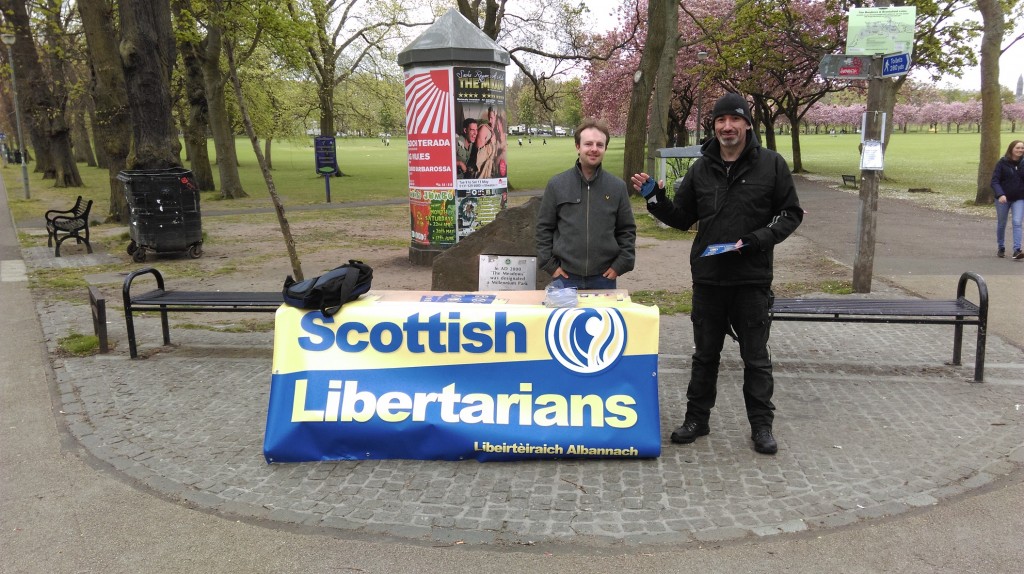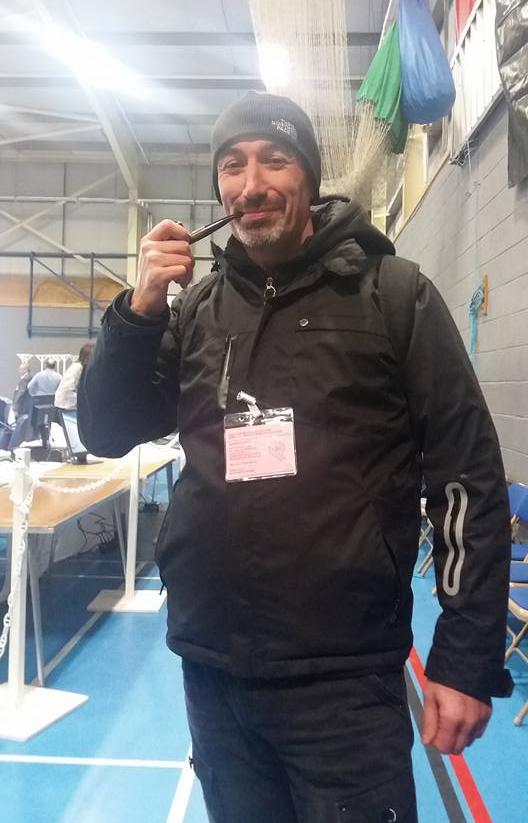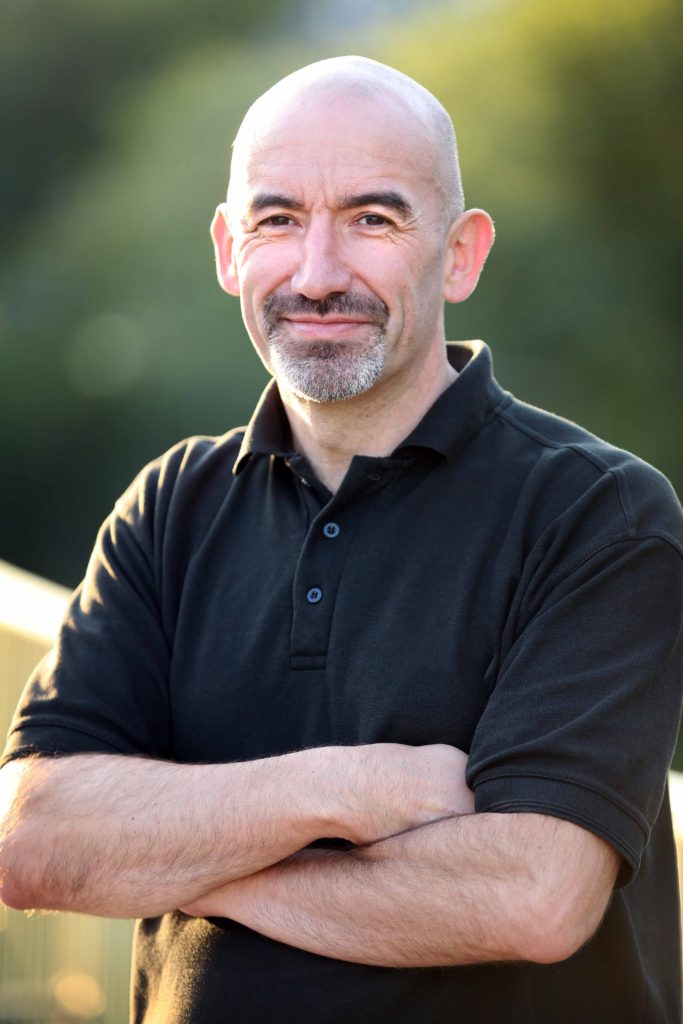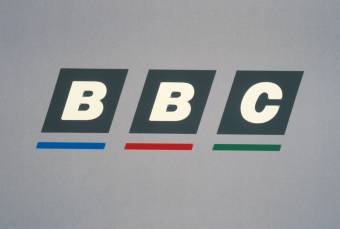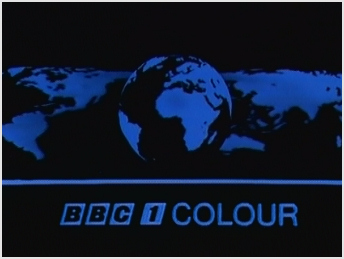Duncan Forsyth was new to political campaigning when he became the Vote Leave campaign lead for Croydon North. Despite low expectations of the leave vote in the area, Croydon North still voted 41.2% Leave. This included surprise results in Selhurst Ward (52.32% Leave) and Bensham Manor Ward (49% Leave). Holding left wing views Duncan was part of a campaign that represented democrats from across the political spectrum. More details of the local campaign and vote can be found here https://croydonconstitutionalists.uk/croydon-leave-campaign/.
Duncan thank-you for your time..

You describe yourself as a Libertarian Marxist. Many people see those as contradictory ideas. What do you think makes them fit well together?
Marx was a libertarian. “The free development of each is the condition for the free development of all” – one of my favourite quotes from Communist Manifesto. Marx was never very clear how he thought his post-capitalist society would work politically, which was undoubtedly a sin of omission, but he did once say that he thought it would operate much like the Paris Commune, which was extremely democratic. Marx’s ideas are often blamed for the monstrous tyrannies that sprung up in the east in the 20th century, but I think this is a bit like blaming Jesus of Nazareth for the Spanish Inquisition. There’s no suggestion of support for totalitarianism in his writings.
On the modern left: “It gave up on freedom when it embraced state and corporate censorship of speech. And it gave up on democracy when it embraced rule by remote, unaccountable organisations such as the EU.”
What was your personal journey to libertarianism and Marxism and what made you get involved in politics?
I was a fairly stereotypical lefty in my younger days, concluding from history that all advances made by ordinary people were torn from the vice-like grip of elites by popular movements led by left-wing radicals that often went to the tower or the gallows to win the freedoms that we now take for granted.
As I exposed myself to works written by the left’s heroes, like Marx, and its folk devils, like Rand, I came to question the hypocrisy, historical illiteracy, paternalism and petty authoritarianism of today’s bourgeois left, finding it at odds with the ideals and values of left-wing tradition.
I remain a left-winger, albeit one that has essentially given up on the contemporary left. It gave up on progress when it embraced the deeply conservative ideology of radical environmentalism. It gave up on freedom when it embraced state and corporate censorship of speech. And it gave up on democracy when it embraced rule by remote, unaccountable organisations such as the EU.
“The spectacle of the British everyman being threatened with arrest for allowing their children to play in their own front garden forms a timely lesson in the importance for our laws to include strong protections for the individual to prevent arbitrary treatment by the state.”
We are speaking in the time of lockdown for the Covid19 crisis. What do you think of the government’s approach and the balance between health and civil liberties?
I think that the lockdown could be initially justified, despite its obviously huge ramifications for civil liberties. Even libertarians accept the abridgement of freedom in cases where the individual’s actions can harm others. The outbreak is one of a novel virus, and began in China, a state known for its lack of transparency, so very little was known about its lethality. Under such circumstances, it seemed prudent to take precautions at least in the short term until the threat was better understood, particularly as early estimates of the infection fatality rate were much higher than is now thought. Having said that, the police have, predictably, been absolutely ridiculous, almost instantly exceeding the new powers handed to them. The spectacle of the British everyman being threatened with arrest for allowing their children to play in their own front garden forms a timely lesson in the importance for our laws to include strong protections for the individual to prevent arbitrary treatment by the state.
I have over time become increasingly critical of the government’s coronavirus strategy, and now class myself as a lockdown sceptic. It’s become abundantly clear that COVID is nowhere near as dangerous as was feared, it perhaps being not that much more lethal than a bad seasonal flu. Through the very useful counterfactual of Sweden, we can see that the lockdowns have most likely not been that much more effective at preventing transmission than the mostly voluntary social distancing measures being practiced in the Scandinavian country, despite their massively greater costs to liberty and prosperity. The lockdown is extended, seemingly interminably, despite ever increasing evidence that it is counterproductive, so I suspect that policy is now driven primarily not by empiricism, but by public opinion, which I see remains firmly in favour of maintaining the controls.
I will stick my neck out and say that I think that when the final tallies are done, it will turn out that the lockdowns were a greater cause of human death and suffering than the disease. A huge rise in excess death that is not virus related has already been recorded, which is probably down to a fear of infection deterring A&E attendance. And we are storing up much more tragedy for ourselves in future years. New cancer diagnoses have crashed, and suicides will inevitably rise due to unemployment and social isolation.
“in the closing weeks of the campaign, when the attitude of militant remainers morphed from complacency to blind panic as the polls moved in our favour.”
In the referendum you ran the campaign in Croydon North and were instrumental in the successful canvassing of New Addington. What are your best memories of the campaign?
Nothing quite beat the feeling of waking up early the day after the referendum and discovering that we’d won against the odds. We were always the underdogs, having been opposed by every major political party bar one, pretty much the whole of academia, plus the vast bulk of the legislature, the judiciary, the creative sector and the chattering classes more broadly, so that was a real buzz.
The canvassing of New Addington was a highlight, certainly more rewarding than the campaigning that we did further north in Croydon, where the atmosphere was more hostile, particularly in the closing weeks of the campaign, when the attitude of militant remainers morphed from complacency to blind panic as the polls moved in our favour.
This was the first ground campaign I’d been involved in, so there was a bit of a learning curve and the prospect of knocking on the doors of hundreds of strangers every week seemed quite daunting. It was a breeze after the first few, though, and it turned out to be a pleasure to get to know the burghers of New Addington.
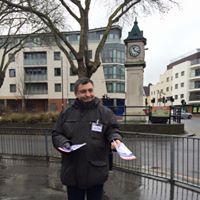
Out in Thornton Heath 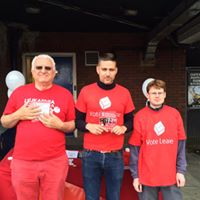
Campaigning in Selhurst
Looking back at the battle for Brexit in Croydon. What do you think worked well and what do you think worked less well?
Circumstances could hardly have been less propitious for the leave ground campaign. As UKIP was the sole political party recommending a leave vote, there was little in the way of existing campaigning organisation or apparatus that we could make use of. Leave activists were also initially split between the multiple organisations competing for the official leave campaign designation. These issues were felt acutely in Croydon North, where there was a lack of experienced hands, and it was left to raw recruits like myself to step up to the plate. It turned out that campaigning is not really a mystical art, and we muddled along OK.
The work we did in Croydon Central probably made the most impact, with ubiquitous large street stalls and the ambitious canvass of New Addington. The latter culminated in a comprehensive get the vote out operation on referendum day that I would say few believed feasible at the start of the campaign. Croydon Central returned a majority leave vote, one of only a few places in London to do so, and I would like to believe that we played a role in that.
If I was to have it over again, I would likely concentrate less resource in the north of the borough. It felt at times like we were achieving little except kicking a hornet’s nest.
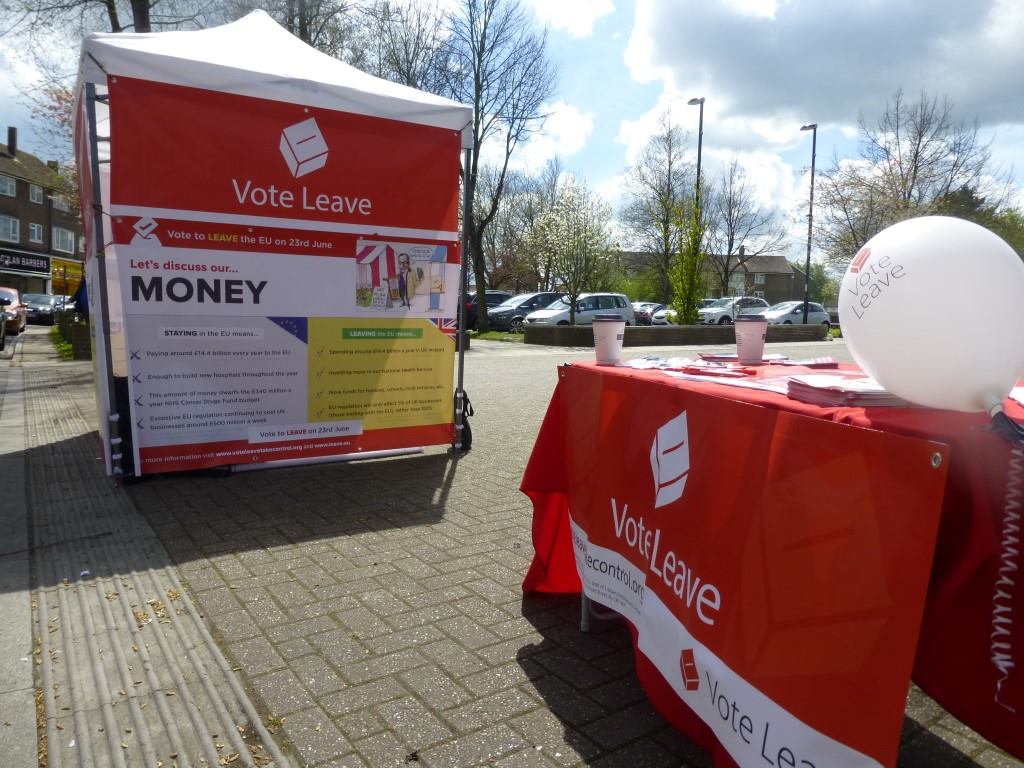
We still have the transition period to end, but we have now left the EU. In the journey the country had its foundations shaken, what would you like to see come out of this period of turmoil?
My biggest hope is that Brexit will begin a process of democratic renewal. Democracy has atrophied right across the West in recent decades. Our elites have never been more disconnected from the masses, with turnout at elections, membership of political parties and democratic engagement more generally at historic lows. Increasingly, decisions that affect us all have been taken by unaccountable, actively anti-democratic organisations like the EU.
One of the many inspiring aspects of the referendum was the high turnout. It was the first time this century that it had exceeded 70% in a national election, which shows that the demos will vote if they think that it will make a difference. The moment should be seized to begin a process of reform of all our ossified power structures. The House of Lords should be radically reformed or abolished, the country should become a republic, and most important of all, a Swiss style system of direct democracy should be adopted. I trust the British people to make important decisions far more than I do our crazed ruling classes.
“Thatcher’s anti-union and anti-strike laws would be the next to go. The right of workers to organise, associate freely and to withdraw their labour should be absolute.”
If you could introduce or repeal 3 laws (other than for Brexit) what would they be?
The laws that impinge upon freedom of expression would be the top of my list to repeal, and all legislation that abridges the freedom of the press. Freedom of speech is the most important freedom that humans have, because it is the freedom from which all other freedoms stem.
Thatcher’s anti-union and anti-strike laws would be the next to go. The right of workers to organise, associate freely and to withdraw their labour should be absolute.
A shake-up of the planning laws would follow. The passing of the Town and Country Planning Act 1947 and the subsequent creation of the green belts has caused massive damage to the social fabric of this country. The cost of housing has skyrocketed due to the difficulty of getting planning permission to build new residences in places where people want to live, leading to a whole generation of young people being priced out of home ownership, and with it the feeling that they have a stake in the orderly running of society.
Any other thoughts you want to leave us with?
In the midst of this virus crisis, we should be cognisant of the europhile attempt to exploit the situation to extend the implementation period, ostensibly to give us more time to negotiate a trade deal before the date that we become no longer subject to EU law. If early indications prove accurate we face economic calamity unlike any experienced since the 1930s. We will need all levers of government available to us to brace against the oncoming storm. We’d be fighting with one arm tied behind our back if we were still bound by EU law.
Duncan can be found on Twitter at https://twitter.com/grumblemunta.
